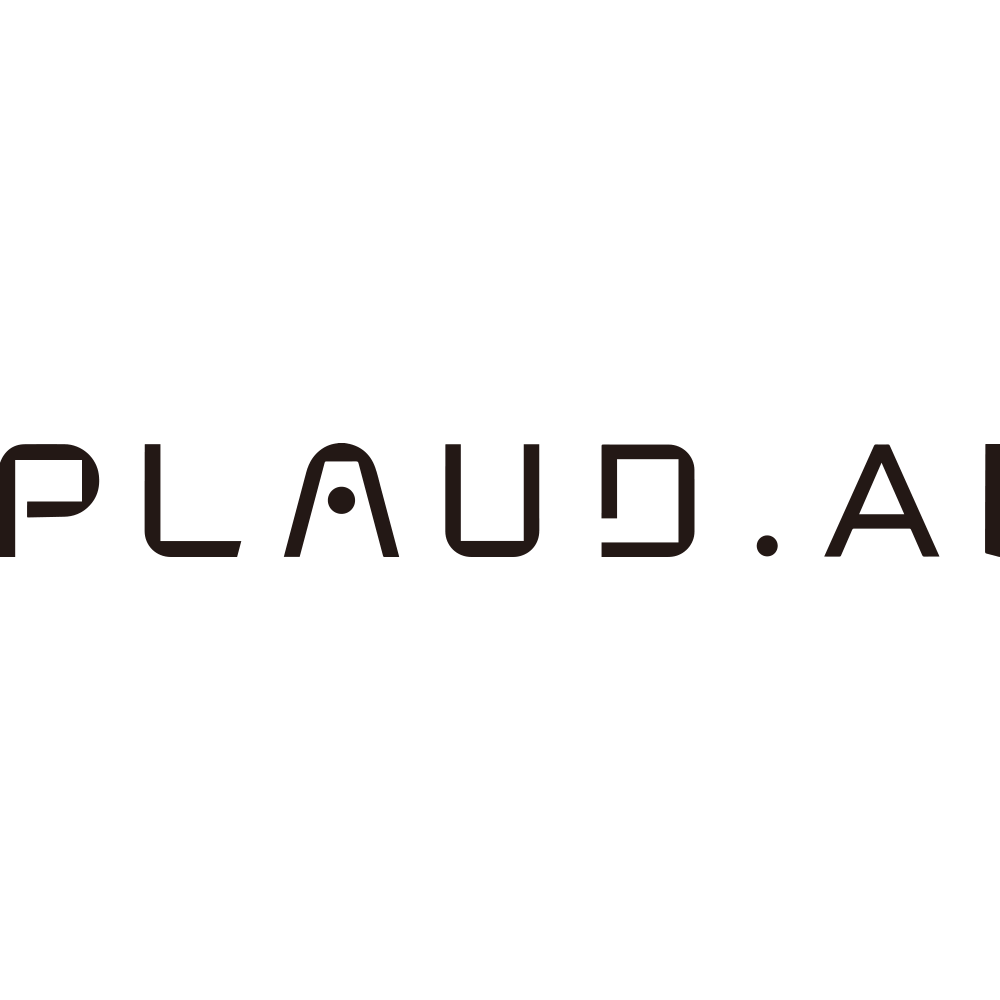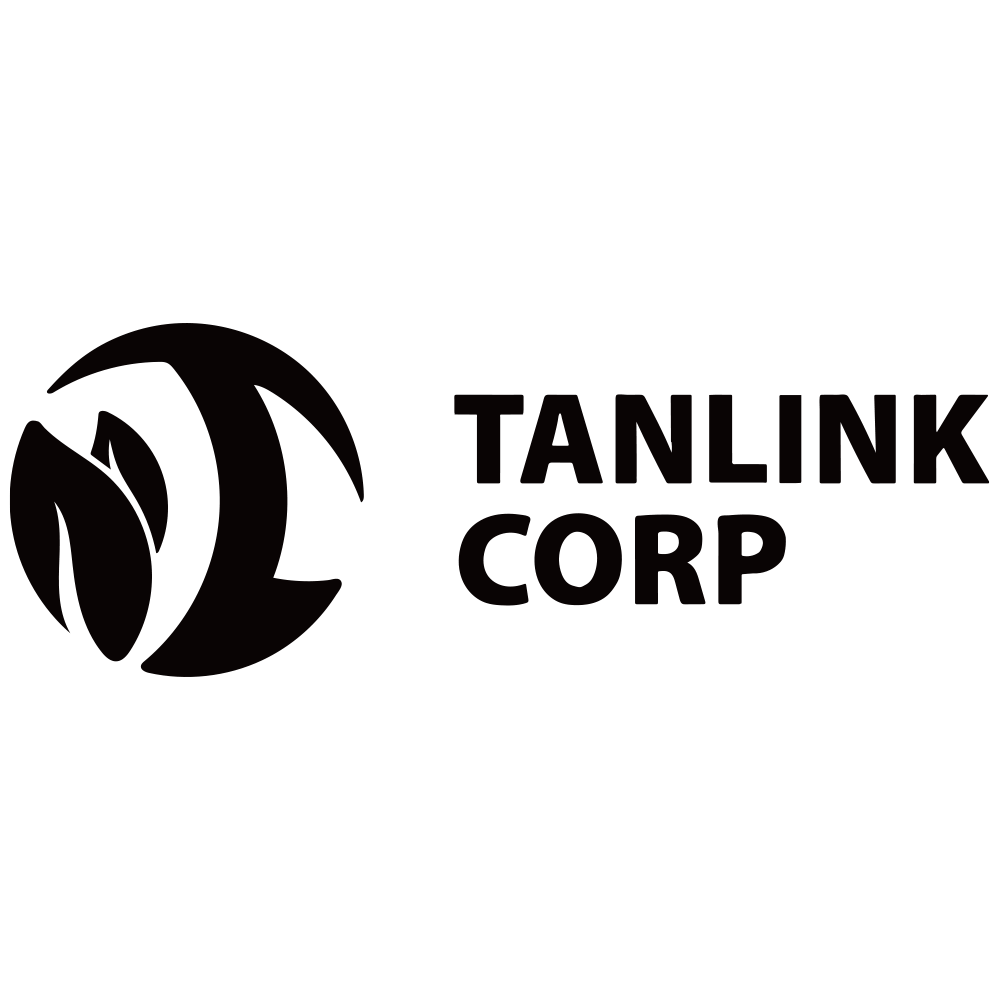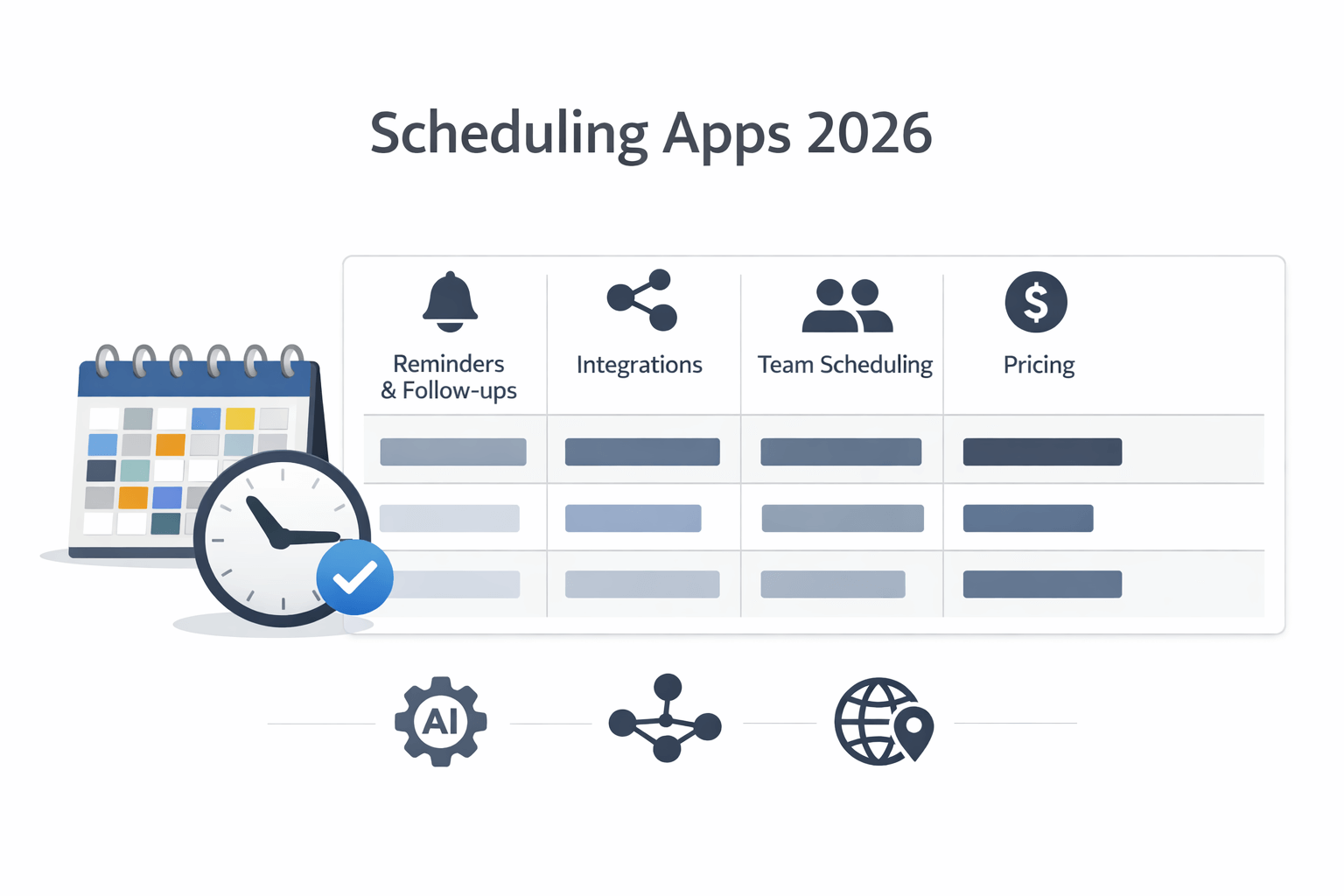VoIP, also called Voice over Internet Protocol, is a communication technology that uses an internet connection instead of a landline service to make and receive calls. It is an open standard for establishing calls over the Internet.
This technology is widely used in modern contact centers or call centers. With excellent flexibility and cost-effectiveness, VoIP contact center software has dramatically changed customer service.
What is contact center VoIP, and how does it work? What’s the best VoIP contact center software for small businesses? Now, let’s dive into these questions together with Solvea.
What Is VoIP Contact Center
A VoIP contact center allows customers to make phone calls over the internet rather than using traditional phone lines. VoIP can convert voice into digital signals that enable the phone system to be delivered via an internet connection.
Traditional contact centers relied on expensive and inflexible phone systems that used physical phone lines. However, the emergence of VoIP revolutionized the contact center. VoIP contact center solutions provide a more flexible, cost-effective, and feature-rich alternative to traditional ones.
What Is Hosted VoIP Contact Center
A hosted VoIP contact center uses cloud-based telephony to manages the infrastructure and maintenance of contact center operations via hosted off-site platforms. This solution removed the need for expensive on-site hardware and IT staff.
It allows your customers to make and receive calls over the internet from any location. As a comprehensive call center solution, it comes equipped with robust features, such as call routing, voicemail, call recording, CRM integration, conversation analytics, and interactive voice response (IVR).
How Does a VoIP Contact Center Work
A VoIP contact center system can convert voice signals into digital binary data – ones and zeros – and transmit them over an IP network. It uses the same network infrastructure for voice and data to improve efficiency and reduce costs.
Here’s the general working process of a VoIP contact center: when a call comes in, the voice signals are converted into digital data packets, and then they are transmitted over the internet or a private IP network. Once reaching their destination, they can reassemble in the correct sequence to ensure smooth communication.
What’s the Benefit of a VoIP Contact Center
In today’s highly competitive market, a VoIP contact center solution provides an essential tool for businesses wanting to gain a foothold. It helps businesses operate more efficiently, adapt to the ever-changing market, and deliver personalized, high-quality customer service.
Let’s explore what it offers and how it can benefit your business:
Reduce operational costs
VoIP contact centers are modern telephony systems that operate entirely on clouds and the existing internet, which eliminates the need for costly physical infrastructure. Compared with traditional phone systems, the VoIP ones make international calls cheaper and offer more flexible pricing plans. Key metrics, like cost per call and overall operating cost, are controlled noticeably with VoIP systems.
Manage customer data efficiently.
One of the greatest challenges in traditional contact centers is managing customer data efficiently. However, VoIP solutions changed this landscape by unifying customer interaction with CRM integration. It can link valuable data, like call duration, location, and history, with customer profiles. In addition, this integration ensures all customer interactions, including calls, emails, and live chats, are monitored and stored in one centralized location.
Improve call quality and voice clarity.
In traditional phone systems, long-distance or international calls frequently experience dropped calls and poor voice quality. VoIP technology solved these problems by utilizing a high-speed internet connection and advanced codes that prioritize voice data. This increased call quality helps contact centers enhance customer experience. Other key metrics, like first contact resolution and average handle time, are also optimized.
Ensure business continuity through disaster recovery
For a call center, an outage can be disastrous because it may lead to missed calls and frustrated customers. VoIP solutions reduce these risks through their cloud-based disaster recovery. In such outages, calls can be automatically rerouted to backup servers or alternate locations, assuring the contact center remains operational.
Leading VoIP Contact Center Software
Now, it’s high time to choose an appropriate VoIP system provider for your contact center. This part summarizes several leading VoIP contact center software providers, like Nextiva, Five9, Genesys, etc. Let’s explore them in detail.
1.Nextiva
Nextiva is a comprehensive and AI-driven VoIP contact center solution for sales and customer support teams. It encompasses all communication channels, including phone calls, SMS, chat, email, social media, and messaging apps. Moreover, each plan includes a built-in CRM system, auto dialers, and a workflow builder to automate call routing and customer journeys,

Key benefits:
Omni-channel support: In addition to digital channels, it also offers email inboxes and social media channels, like Facebook, Twitter, and Ins.
Personalized call routing: It can customize routing with omnichannel distribution styles, like longest-idle, skills-based, etc.
Plans at all tiers are feature-rich: The low-tier plans also include powerful features, like auto dialers, agent scripts, workflows, campaign management tools, and so on.
Costs: three pricing plans, ranging from $129 to $199 per agent per month.
2.Five9
As a cloud-based contact center VoIP solution, Five9 offers omnichannel support, interaction analytics, AI-powered agent tools, and automated workflows for almost every kind of customer interaction. This software can quickly identify customer intents and trends on conversation topics using an AI call transcript to summarize calls. It also allows businesses to build no-code engagement workflows.

Key benefits:
Advanced workflow management: Optimize workflow management and employee engagement using machine learning and features like employee forecasting, live agent shift bidding, etc.
AI integrations for live speech: Integrating advanced AI for live transcriptions automates call summaries and insights about CX and customer issues.
Smart self-service IVAs: Its drag-and-drop designer builds intelligent virtual agents (IVAs), which can be deployed easily across SMS and web chat.
Cost: 5 pricing plans, ranging from $175 to $325 monthly per user, with an annual commitment.
3.Genesys
Genesys is an omnichannel contact center solution that boasts omnichannel support, 350+ pre-built integrations, and virtual agents across all channels. It enables users to choose from digital-only, voice-only, or omnichannel plans with SMS, email, and webchat. It also provides high-tier plans involving AI speech recognition and text analytics.

Key benefits:
Cost-effective: It’s a great choice for businesses seeking a voice-only contact center solution with simple features, like IVR, queuing, and call recording.
Easy to set up: The designer is simple to use and requires no coding experience when connecting agents, setting up queues, and skill-based routings.
Quality management: The dashboard can organize evaluation forms, call recording, offer feedback from customers, and give text analysis.
Cost: offers 5 pricing plans, ranging from $75 to $155 monthly per user, with an annual commitment.
4.NiCE
NiCE CXone is a robust omnichannel VoIP contact center software that provides over 40 communication channels. Its cloud-based platform offers digital-only and voice-only plans with just core routing features. Well, it allows users to add some advanced tools, like AI forecasting, agent performance insights, and quality management tools.
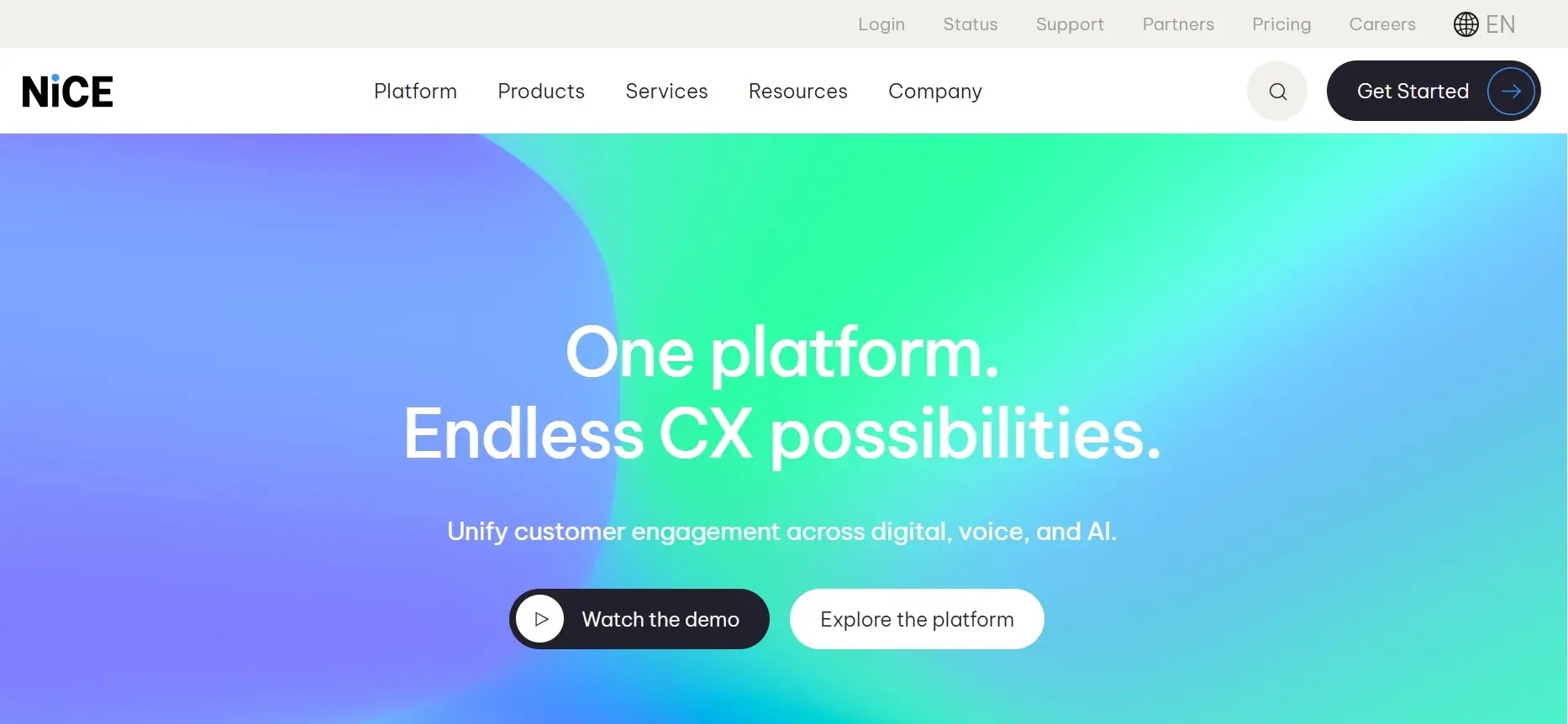
Key benefits:
AI-powered self-service tools: The self-service tools, like IVR and IVAs with knowledge base content, allow users to pull from articles and webpages.
Conversational analytics: Its Enlighten AI agent can measure omnichannel customer interactions in real time and offer suggestions for future improvement.
Powerful caching support tool: For example, the screen recording tool enables you to revisit agent performance afterward, and the call monitoring dashboard lets you jump between active calls easily.
Cost: offers 7 plans, ranging from $71 to $249 monthly per user with an annual commitment.
5.GoTo
GoTo is an all-in-one and AI-powered contact center VoIP solution that is easy to use and manage business phone systems. The intuitive drag-and-drop dial plan editor for inbound call flows greatly simplifies your customer interactions. It allows you to design automated call and SMS campaigns for customer service and marketing. Moreover, the calls and digital interactions can add surveys and questionnaires to help you find areas for improvement.
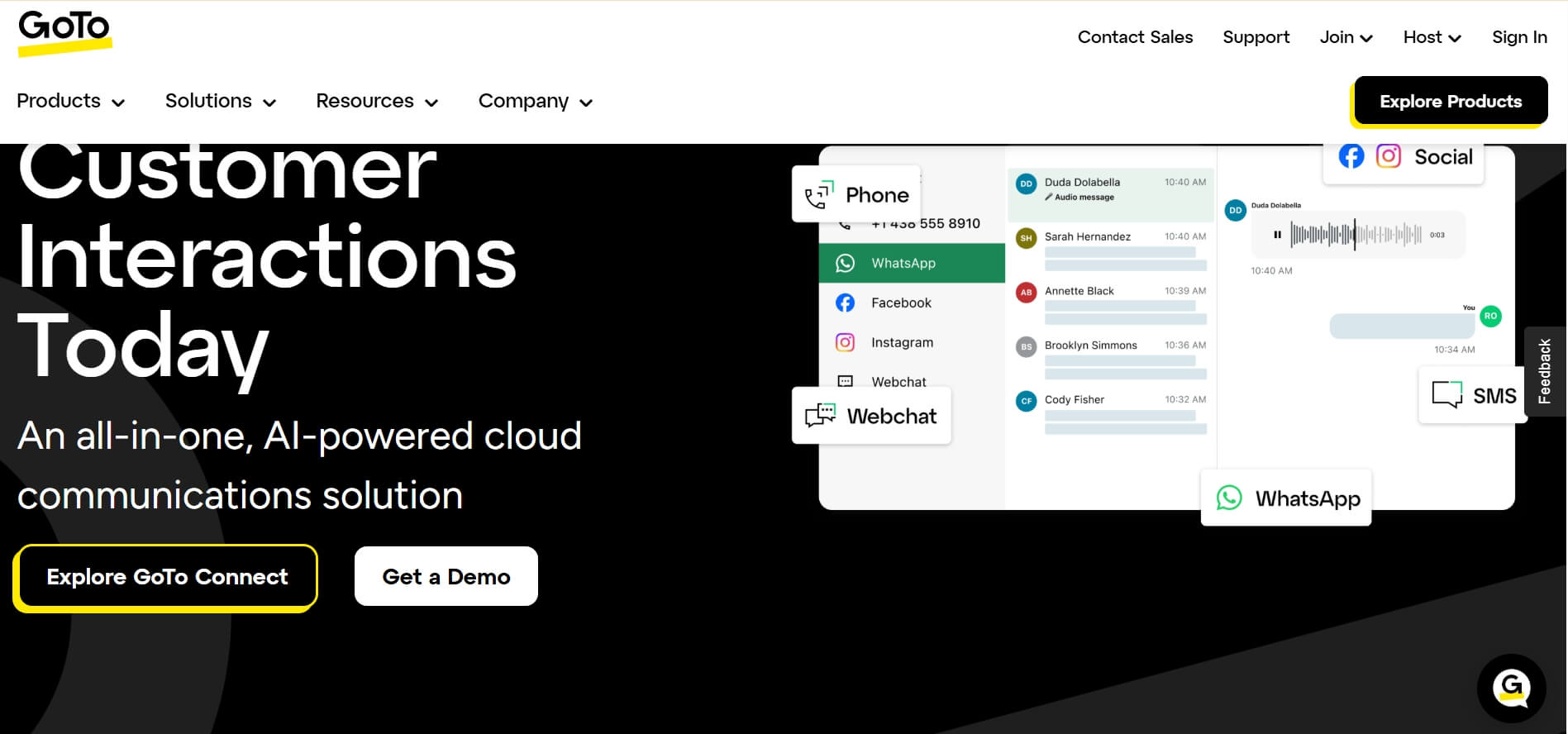
Key benefits:
SMS and voice queuing: Make it easy for you to manage multiple conversations simultaneously. The SMS also includes the delivery status, allowing you to check the marketing campaign's success rate.
International calling: Offers unlimited calling to over 50 countries, best for teams that often make calls internationally.
AI messaging assistant: It gives you suggestions for responding to inbound messages and allows you to customize the suggestions by tone, campaign, and customer information.
Cost: offers 3 pricing tiers: Customer Engagement, Complete CX, and Contact Center.
6.Twilio
Twilio is a customizable platform that offers you all the tools you need to build a custom VoIP contact center for business and add necessary features as you scale. Its Super Network gives you a reliable and high-quality connection worldwide. If you already have a call center, Twilio Flex also allows you to add new cloud-based channels to replace your existing systems.
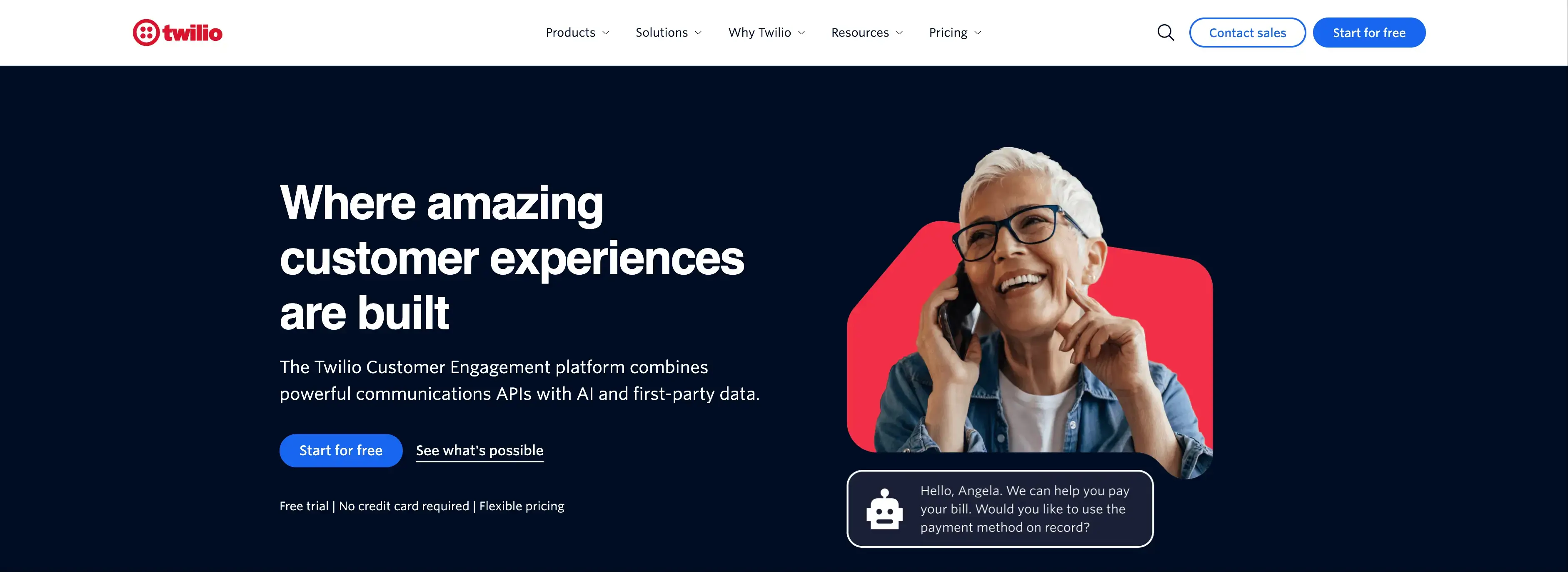
Key benefits:
Customizable platform: It can integrate with nearly any CRM, and you can customize the user interface, reporting, connectivity, and self-service experience.
TaskRouter: It’s an intelligent skills-based router that can match your tasks to gents and be controlled by your company’s own code.
Flexible pricing plan: You can choose to pay per hour if your company has lots of customers, or per user for fewer customers, but works more hours.
Cost: a free trial with 5,000 active user hours. After that, you can choose per hour ($1/user/hour) or per user ($150/user/month).
Best Small Business VoIP Contact Center
This part shares several top-rated and cost-effective VoIP contact center solutions for small businesses.
1.RingCentral
RingCentral is a cloud-based platform that uses the VoIP system to manage customer communications across various channels, like voice, chat, and SMS. It offers seamless CRM integration, automatic call distribution, IVR, call recording, and other powerful features to help you create efficient and tailored CX.

Alt=RingCentral
Pros:
A user-friendly interface for calls, messages, video meetings, and file sharing.
Hundreds of integrations are available, like CRMs, Microsoft Teams, etc.
Scalable solutions allow you to add or remove features as your business grows.
Cons:
Advanced features require extra pay.
Limited experience with mobile apps.
Pricing: starts at $65 per user per month. A 14-day free trial is available.
2.Vonage
Vonage is an AI-powered Contact Center as a Service (CCaaS) solution that brings unified communications and VoIP technology together to deliver superior customer and agent experiences. With this solution, small businesses can enjoy great IVR workflows and call routing features. It also provides AI virtual assistants for 24/7 service.
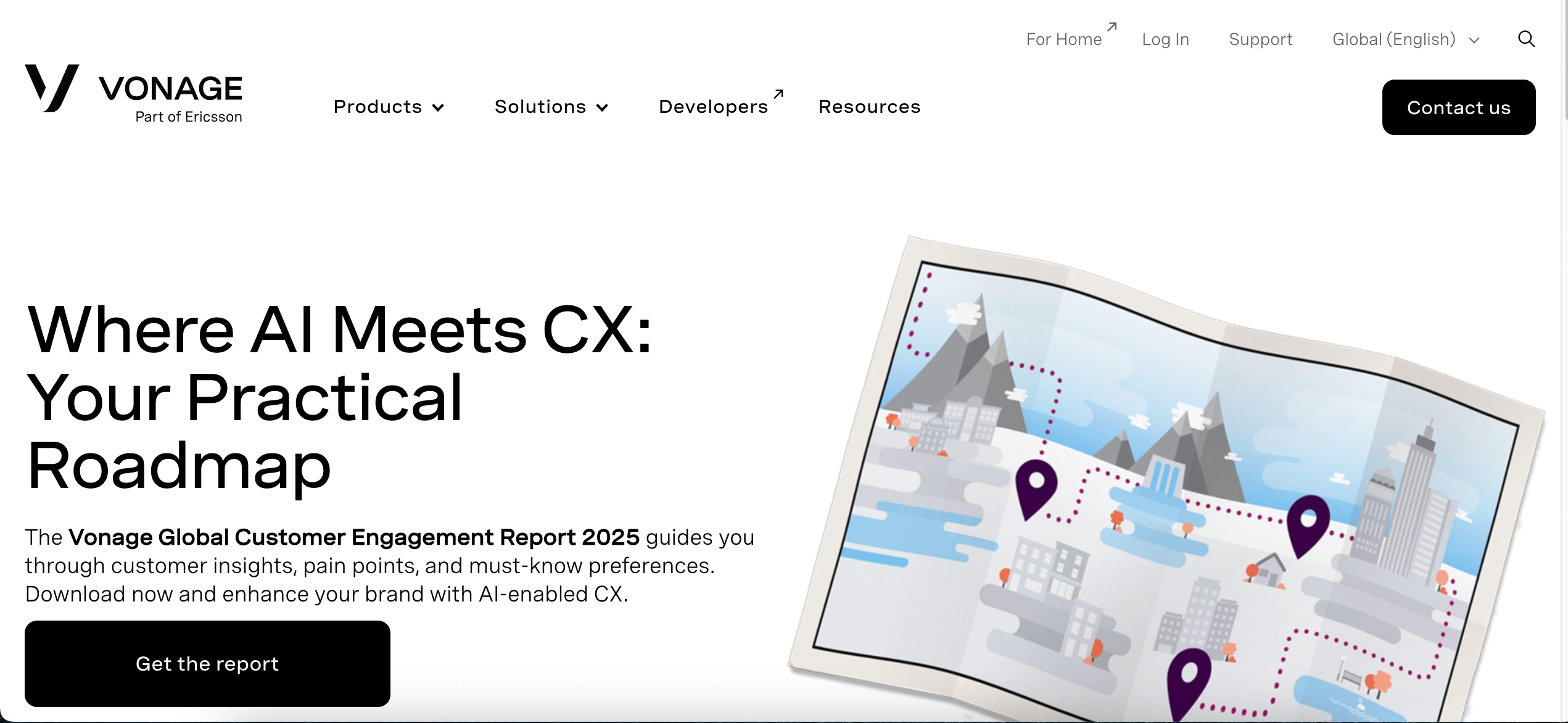
Pros:
Omnichannel support
Dynamic call routing capabilities
Team monitoring and quality management tools
Cons:
No live chat on core plans
Requires paid add-ons for advanced functions.
Pricing: starts at $13.99 per user per month.
3.Aircall
Aircall is a cost-effective VoIP call center solution for small businesses. If you need to communicate with your customers through phone calls frequently, Aircall is a great choice because it provides all basic features, like call recording, call monitoring, and analytics. It even offers live transcription, keyword tracking, and other robust AI features.

Pros:
Strong integration with CRM and Helpdesk tools.
Provide real-time analytics and reporting tools.
Intuitive and easy to set up.
Make and receive calls from any device via an internet connection.
Cons:
Inconsistent call quality, like dropped calls, poor clarity, etc.
Rely heavily on a stable internet connection
Pricing: starts at $40 per user per month.
VoIP Contact Center FAQ
1.How to set up a VoIP call center?
To set up an effective VoIP call center, you must assess your needs and make sure you have a stable internet connection first. Then select a VoIP provider that matches your requirements. Next, deploy necessary hardware, such as an IP phone and headsets, and configure VoIP software. Finally, test and verify the system.
2.What is a VoIP messaging center?
A VoIP messaging center platform utilizes the internet connection to send and receive digital messages, including texts, multimedia, and other social media messages. All messages are managed on virtual numbers related to your business, instead of a physical SIM card.
3.What is a VoIP example?
There are many different VoIP usage examples, such as Skype, WhatsApp, and Zoom. Lots of business services, like Google Voice, also utilize dedicated VoIP systems to transmit voice and multimedia content.
4.Is Google Voice a VoIP?
Yes, it is. Google Voice uses VoIP technology to make and receive calls and texts. It boasts many powerful features, including free voicemail transcription, call forwarding to multiple devices, and a single number for calls and texts.
5.What are the three types of VoIP services?
The three types of VoIP services include: in-house (on-premise), hosted (cloud-based), and hybrid services. In-house VoIP services are controlled by the company itself, while hosted services are managed by their providers, and hybrid service integrates elements of both.








